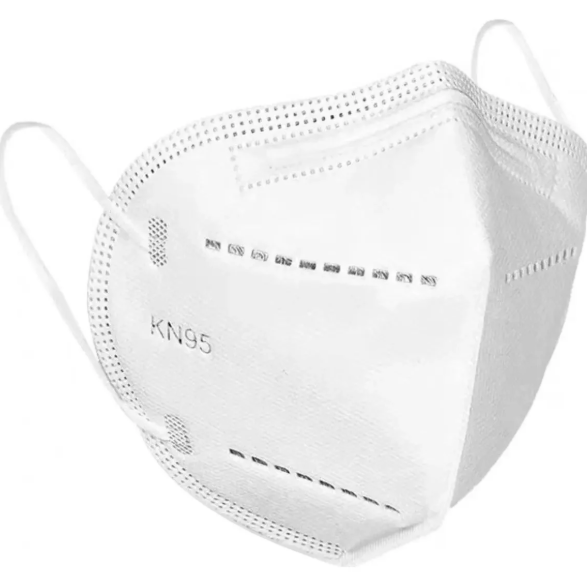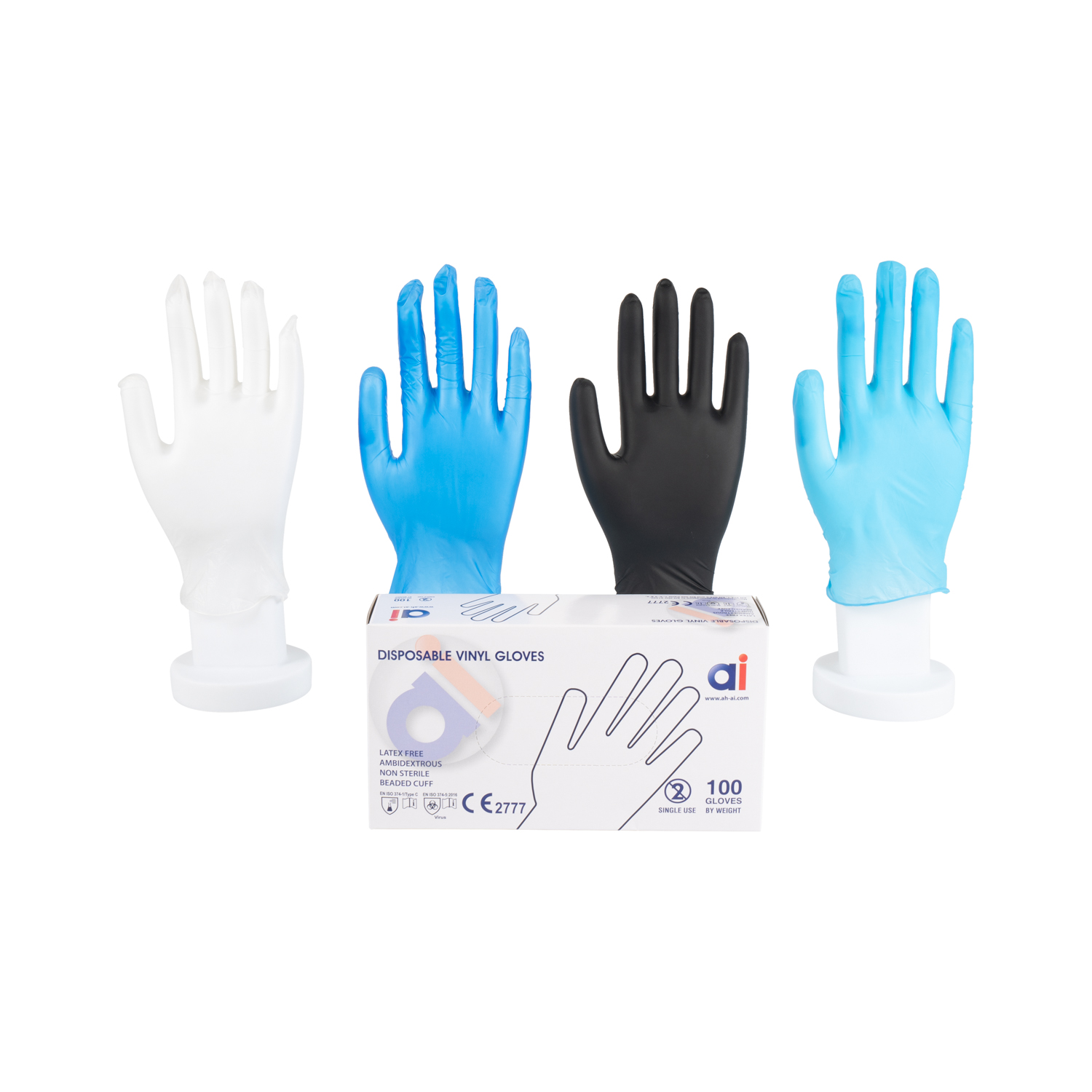In the wake of global health crises and rising air quality concerns, masks have become essential tools for protection. Among the most trusted options are N95 respirators and Surgical N95 masks—two highly effective yet distinct types of face coverings. But how do you choose between them? Let’s break down their differences, uses, and which might best suit your needs.
Understanding the Basics
- N95 Respirators
N95 respirators are respiratory protective devices certified by the National Institute for Occupational Safety and Health (NIOSH). They filter out at least 95% of airborne particles, including dust, pollutants, and pathogens like viruses and bacteria. Key features include:
- Tight facial fit: Designed to seal tightly against the face to minimize leakage.
- No fluid resistance: Primarily intended for industrial or construction settings, though widely used in healthcare during shortages.
- Single-use: Recommended for disposal after prolonged use or exposure to hazardous environments.
- Surgical N95 Masks
Surgical N95 masks (often labeled as “Medical N95” or “Surgical Respirators”) combine NIOSH-approved filtration with FDA clearance as a surgical mask. They are specifically designed for healthcare settings and offer:
- Fluid resistance: Protects against splashes, sprays, and bodily fluids (critical in surgeries or medical procedures).
- Dual certification: Meets both NIOSH N95 standards and FDA requirements for surgical masks.
- Sterility: Some variants are sterile for use in operating rooms.
Key Differences at a Glance
| Feature | N95 Respirator | Surgical N95 Mask |
| Certification | NIOSH only | NIOSH + FDA clearance |
| Fluid Resistance | No | Yes |
| Primary Use | Industrial/General public | Healthcare/medical procedures |
| Sterile Options | Rare | Common (for surgical settings) |
| Cost | Typically lower | Higher |
Who Should Use Which Mask?
Choose an N95 Respirator If You:
- Work in construction, manufacturing, or wildfire-prone areas.
- Need everyday protection against airborne pollutants (e.g., PM2.5, allergens).
- Are a member of the public seeking high filtration during outbreaks (e.g., flu, COVID-19).
Choose a Surgical N95 Mask If You:
- Work in healthcare, especially in surgery, dentistry, or emergency care.
- Require protection against both airborne particles and fluid exposure.
- Need a mask compliant with hospital infection control protocols.
Comfort and Fit Considerations
Both masks require a proper seal to work effectively. However, Surgical N95 masks may feel bulkier due to added fluid-resistant layers. Some users find standard N95 respirators more breathable for long-term wear. Always perform a fit test if using these masks in high-risk environments.
Regulatory and Supply Factors
During the COVID-19 pandemic, shortages of Surgical N95 masks led many healthcare workers to use standard N95 respirators, despite their lack of fluid resistance. Today, supply chains have stabilized, but cost and accessibility still play a role:
N95 respirators :are widely available at hardware stores and online retailers.
Surgical N95 masks :are often restricted to medical suppliers or require proof of professional need.
The Bottom Line
Your choice depends on your environment and risks:
- For daily use or non-medical settings: A standard N95 respirator offers robust protection against airborne threats.
- For healthcare, surgery, or exposure to fluids: Opt for a Surgical N95 mask to ensure comprehensive safety.
Always verify certifications (look for NIOSH approval numbers) and avoid counterfeit products by purchasing from reputable suppliers.



